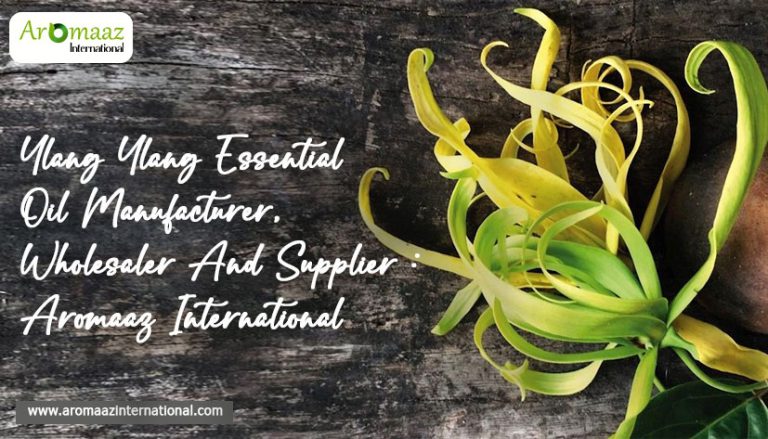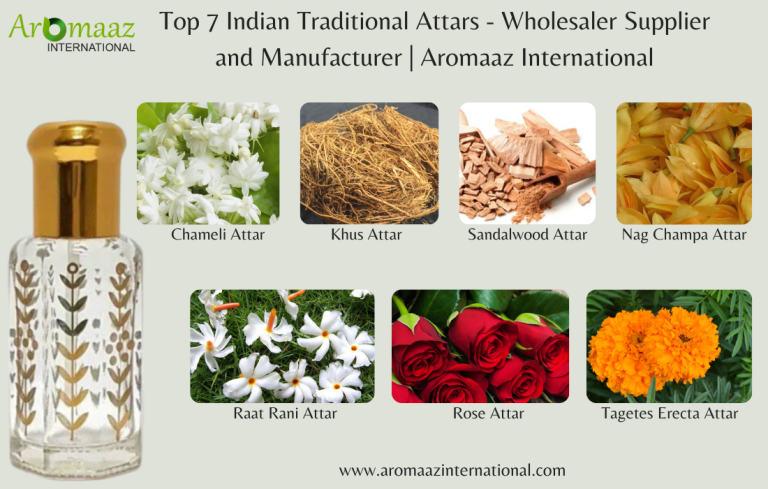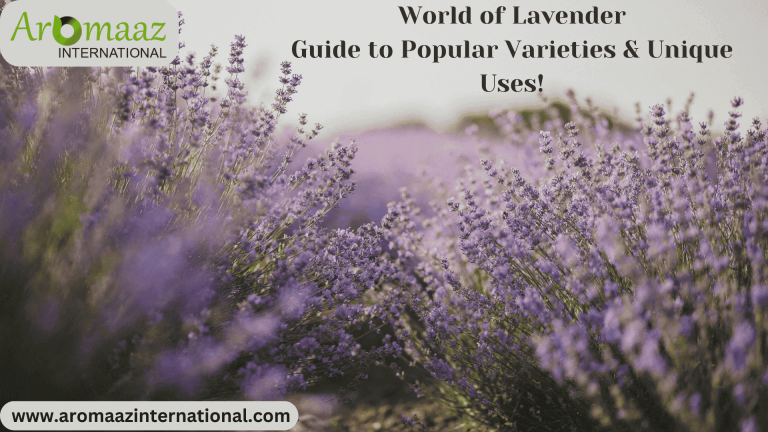Table Content:
| 1. | Introduction: |
| 2. | Types of Cosmetic Butters: |
| 3. | Best Cosmetic Butters for Specific Needs: |
| 4. | Cosmetic Butters in Lotion Making: |
| 5. | Where to Buy Cosmetic Butters? |
| 6. | FAQs: Everything You Need to Know About: |
| 7. | Conclusion: – |
Introduction:
Cosmetic butters have surged in popularity because of their natural, nutrient-rich properties. They are widely used in a range of products, from moisturizers and lotions to hair masks and anti-aging treatments. As more people search for clean beauty options, the focus on plant-based skincare ingredients has grown tremendously.
In this blog, you will learn about different varieties of these plant-derived fats, their unique benefits, and find out where to get high-quality supplies for both personal use and business ventures. So let’s get started.
What Are Cosmetic Butters?
Cosmetic butters are plant-based fats extracted from seeds, nuts, and fruits. They are widely used in beauty and personal care products due to their ability to deeply hydrate and nourish the skin and hair. These butters contain essential fatty acids, vitamins, and antioxidants that help protect, heal, and restore moisture balance.
Some of their key properties include:
-
Deep hydration – They penetrate the skin, locking in moisture and preventing dryness.
-
Nutrient-rich – Packed with essential fatty acids, vitamins, and antioxidants.
-
Skin barrier protection – Helps repair the skin’s natural barrier, protecting it from environmental damage.
-
Anti-inflammatory properties – Soothes irritated skin, reducing redness and swelling.
Common sources of cosmetic butters include shea nuts, cocoa beans, mango seeds, and kokum fruit. Each of these butters has its unique composition, making them suitable for different skin and hair needs.
Types of Cosmetic Butters:
There are several Types of cosmetic butters, each with its own set of benefits and uses. Let’s dive into the most popular types:
1. Shea Butter:
-
Origin: This is extracted from the nuts of the African shea tree. Used for centuries by African communities for skin protection.
-
Extraction Process: Shea nuts are collected, roasted, and ground into a paste. The fat is then separated and purified to form butter.
-
Skincare Benefits: Shea butter is known for its excellent hydrating properties. It is packed with vitamins A and E, which help in healing dry, cracked skin, reducing inflammation, and improving skin elasticity.
-
Haircare Benefits: Shea butter works as an excellent moisturizer for the scalp and hair. It prevents dandruff, reduces frizz, and strengthens hair strands, making them more resilient to breakage.
-
Best For: It is best for dry skin, stretch marks, eczema, and curly or coarse hair types.
2. Cocoa Butter:
-
Extraction: Derived from cocoa beans, commonly used in chocolate production.
-
Benefits for Skin: Cocoa butter deeply hydrates the skin, improves elasticity, and helps reduce the appearance of scars and stretch marks. It is widely used in anti-aging formulations due to its rich antioxidant content.
-
Antioxidant Properties: Helps combat free radical damage, reducing signs of aging such as wrinkles and fine lines.
-
Best For: Hydrating rough, dry skin, reducing scars, and preventing premature aging.
3. Mango Butter:
-
Texture & Absorption: Mango butter is lightweight, non-greasy, and easily absorbed by the skin.
-
Uses: This butter is ideal for soothing sensitive skin, preventing hair frizz, and providing a natural glow. It is rich in vitamins A, C, and E, which promote collagen production and skin regeneration.
-
Best For: Soothing sunburns, treating dry patches, and improving skin elasticity.
4. Kokum Butter:
-
Rare & Unique: Kokum butter is less known compared to shea and cocoa butter, but it has remarkable skin benefits. It has a high melting point and is rich in beneficial compounds that help with skin regeneration.
-
Benefits: It is widely used in skincare products targeting acne, fine lines, and wrinkles. It is lightweight and non-comedogenic, making it suitable for oily and acne-prone skin.
-
Best For: Acne-prone skin, anti-aging formulations, and lightweight hydration.
5. Avocado Butter:
-
Rich in Nutrients: Avocado butter is made by blending avocado oil with a natural butter base. It is loaded with vitamins A, D, and E, which nourish and protect the skin.
-
Moisturizing & Healing: This butter is highly emollient and helps with skin repair, hydration, and elasticity. It is also beneficial for hair, making it softer and more manageable.
-
Best For: Extremely dry skin, sensitive skin, and hair conditioning.
In summary, each type of cosmetic butters brings its own strengths to the table. From the deeply moisturizing properties of shea and cocoa butters to the lighter, more versatile mango butter, these ingredients offer a range of benefits suited for different skin and hair types.
Best Cosmetic Butters for Specific Needs:
Choosing the right butters can transform your beauty routine. Here, we will explore the best options in detail for various requirements:
1. For Dry Skin:
Top Choices: Shea butter and cocoa butter.
Why They Work: Both shea butter and cocoa butter are incredibly rich in essential fatty acids and vitamins, which deeply hydrate the skin. Their thick, emollient texture helps repair and maintain the skin’s natural moisture barrier, making them perfect for preventing dryness and flakiness. These butters lock in moisture, leaving the skin feeling smooth, soft, and nourished, even in the harshest climates.
2. For Anti-Aging:
Top Choices: Kokum butter and mango butter are the top choices for anti-aging.
Why They Work: Kokum butter is known for its ability to promote collagen production, which helps to keep skin firm and youthful. Mango butter is rich in vitamins A and C, is loaded with antioxidants that fight free radical damage. Together, these butters work synergistically to reduce the appearance of fine lines and wrinkles, improve skin elasticity, and provide a youthful glow to our skin.
3. For Haircare:
When it comes to maintaining healthy hair, cosmetic butters are best.
Hair Nourishment: Mango butter is particularly effective for controlling frizz and providing deep conditioning in the hair. Its lightweight texture allows it to penetrate the hair shaft, nourishing and hydrating from within. Regular use of this butter helps in preventing split ends, leaving the hair soft, shiny, and more manageable. It also protects from environmental factors like humidity, which can cause frizz and dryness.
Scalp Health: Shea butter is incredibly moisturizing and helps soothe a dry, itchy scalp. Its rich texture and high fat content hydrate and help reduce scalp inflammation, which can contribute to hair loss. By nourishing the scalp, shea butter promotes a healthy base for our hair growth, ensuring that hair remains strong, thick, and shiny.
Whether you are looking for deep hydration, anti-aging benefits, or hair nourishment, there is a perfect butter out there for you.
Cosmetic Butters in Lotion Making:
Many DIY enthusiasts use cosmetic butters in their lotion-making projects. These natural ingredients add a rich texture to the lotion and also serve as natural preservatives.
Benefits of DIY Skincare:
-
Texture Enhancement: Cosmetic butters provide a creamy consistency that enhances the feel of lotions and balms.
-
Natural Preservation: Their inherent stability can help extend the shelf life of homemade products.
-
Moisture Retention: They create a moisture barrier, preventing dryness and protecting the skin against harsh weather conditions.
Recommended Butters for Lotions for you:
-
Shea Butter: Its thick, creamy nature makes it ideal for creating smooth and hydrating lotions.
-
Cocoa Butter: With its firm consistency, cocoa butter adds structure and longevity to your skincare recipes.
Pro Tips for Lotion Making:
-
Blending Ratios: Experiment with different proportions to achieve your desired consistency. For instance, mixing shea butter with lighter oils can produce a balanced cream.
-
Melting Points: Understanding the melting point of each butter helps create products that remain stable in different climates for a longer time period.
-
Customization: You can add essential oils and natural extracts to boost the scent and efficacy of your lotion.
By including cosmetic butters into your DIY projects, you can create personalized products that are free from harmful chemicals and tailored to your specific needs.
Where to Buy Cosmetic Butters:
If you want to buy high-quality cosmetic butters, here we will tell you where to buy them. Here you will learn about different purchasing options, focusing on India-specific sources, wholesale opportunities, and private-label options.
1. Exclusive Options for Indian Buyers:
For Indian buyers, several trusted brands like Aromaaz International offer premium cosmetic butters in bulk:
-
Shea Butter suppliers: Look for reputable suppliers offering the best shea butter in India. These products often meet strict quality standards and are sourced ethically.
-
Cocoa Butter Manufacturers: India boasts several leading manufacturers known for producing high-grade cocoa butter. These suppliers cater to both small-scale buyers and bulk purchasers.
2. Wholesale & Bulk Purchasing:
Buying cosmetic butters in bulk can be cost-effective, especially if you are a small business or an avid DIY enthusiast:
-
Local vs. Online Suppliers: Compare local markets with online platforms to find the best deals. Local suppliers may offer faster shipping, while online retailers like Alibaba or IndiaMART provide competitive pricing.
-
Wholesale Advantages: The cost per unit is often cheap when you buy these butters in bulk; this is a smart choice for businesses or people who use these products regularly.
-
Price Considerations: Let’s understand factors that affect the cost of cosmetic butters, including purity, organic certification, and the extraction process. For example, cocoa butter wholesale prices may vary based on the quality and sourcing methods.
3. Private Label Opportunities:
For entrepreneurs and brands, private labeling offers the chance to create custom products using cosmetic butters:
-
Customization: Many manufacturers in India offer private label services, allowing you to design your packaging and formulation.
-
Business Benefits: With private label cosmetic butters, you can build a brand that stands out in the competitive beauty market. This approach can lead to greater customer loyalty and market recognition.
-
Finding the Right Partner: Research and choose suppliers with a strong track record and good reviews to ensure quality and consistency.
4. Price Considerations:
Price is an important factor when buying butter:
-
Cost Factors: Be aware that prices can fluctuate due to seasonal changes, raw material availability, and market demand.
-
Value Over Price: It is wise to consider the quality and certifications of the product rather than just the cost. High-quality butters may cost a little more but offer superior benefits when you use them.
By exploring these purchasing channels, you can source the finest cosmetic butters that match your quality and budget requirements.
(FAQs):
Below are some common queries that we often hear about cosmetic butters:
Q-1 Can I use raw shea butter directly on my skin?
Yes, raw shea butter is safe for direct application on the skin. However, if you have sensitive skin, it is advisable to do a patch test first.
Q-2 What’s the difference between cosmetic-grade and food-grade cocoa butter?
Cosmetic-grade cocoa butter is specifically processed for use in beauty products, ensuring purity and consistency, while food-grade is for culinary purposes.
Q-3 How should I store my cosmetic butters for longevity?
Store these natural ingredients in a cool, dry place away from direct sunlight for long periods.
Q-4 Are kokum and mango butters suitable for oily skin?
Both kokum and mango butters are lightweight and non-comedogenic, making them appropriate for oily and acne-prone skin.
Q-5 Can I mix different cosmetic butters for a custom formula?
Absolutely! Many users blend various cosmetic butters to create personalized skincare products that address specific concerns. Experimenting with different combinations can yield fantastic results.
Conclusion:
Overall, cosmetic butters are an invaluable addition to any beauty routine. They provide natural hydration, aid skin regeneration, and improve hair health – all without the harsh chemicals found in many conventional products. From the deeply moisturizing properties of shea and cocoa butters to the lightweight, versatile nature of mango and kokum butters, these ingredients offer something for everyone.
We hope this blog has made it easier for you to understand the source of cosmetic butters. Remember, choosing high-quality, ethically sourced natural products can make a significant difference in your skincare and haircare routine. We encourage you to try these natural wonders and experience their benefits firsthand. Whether you’re making your lotion or looking for a ready-made solution, cosmetic butters are a smart and sustainable choice.



